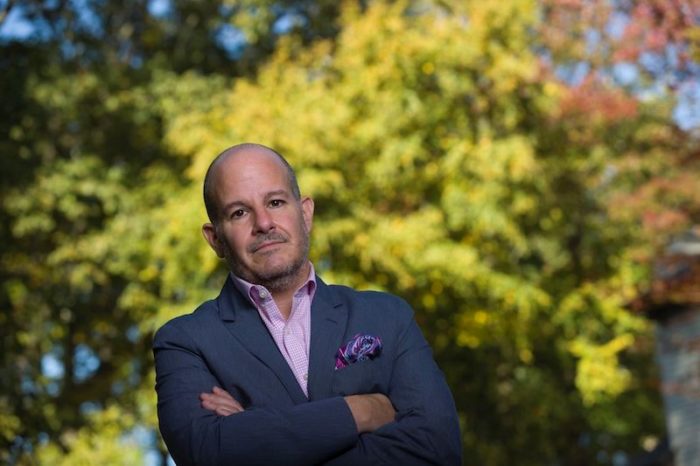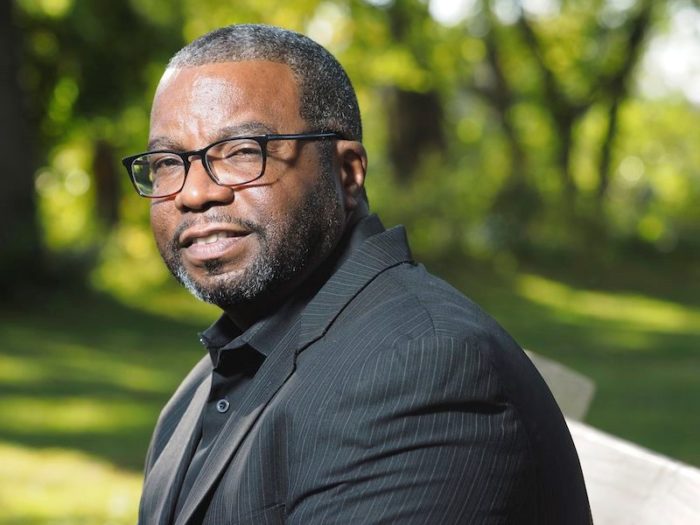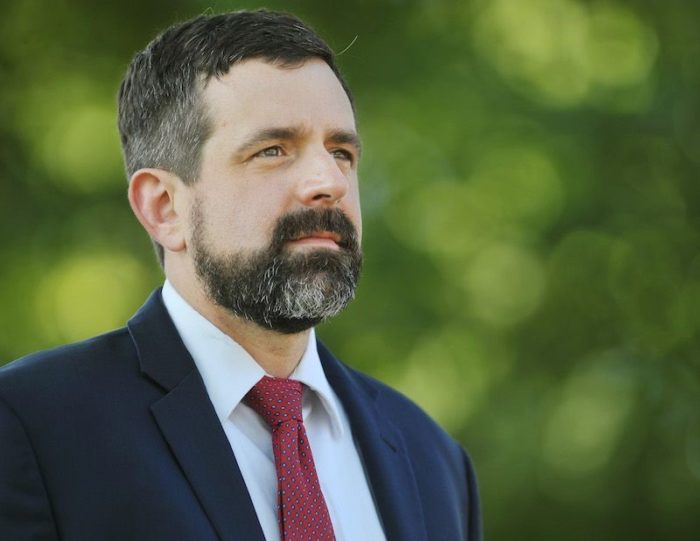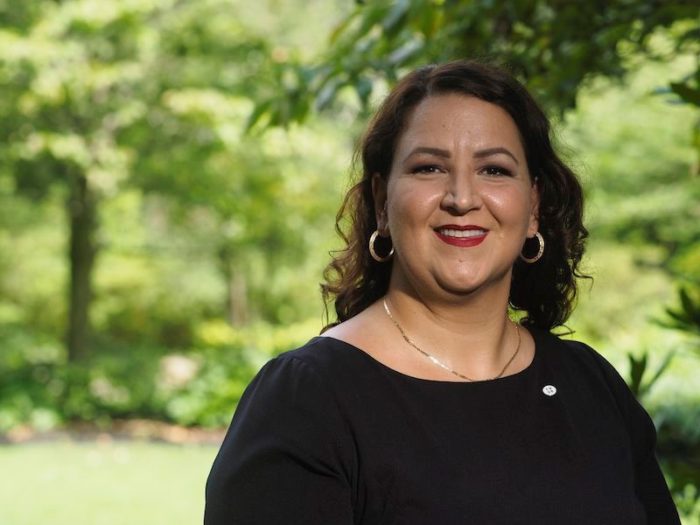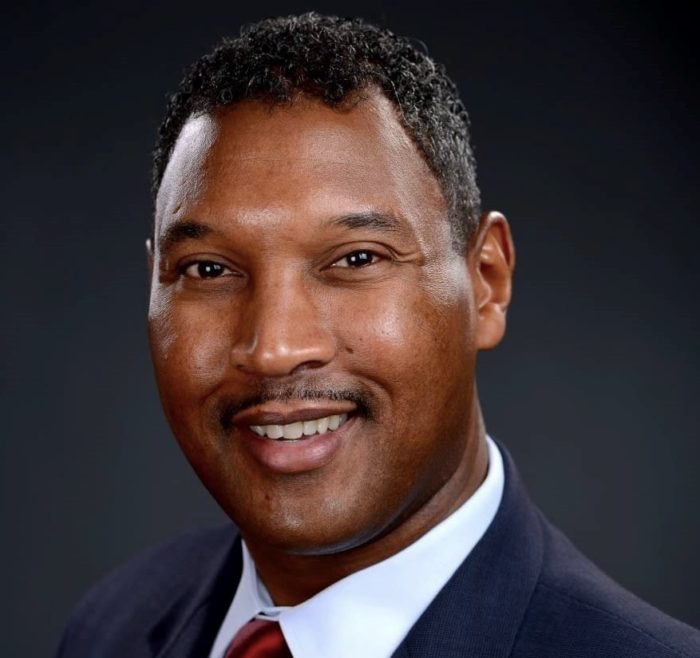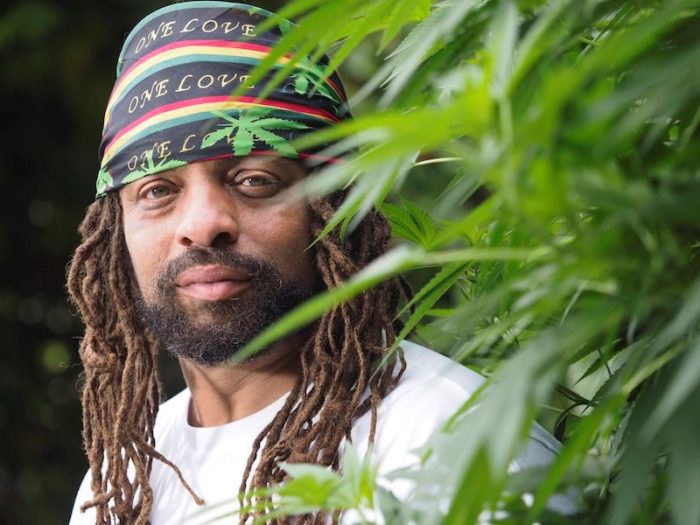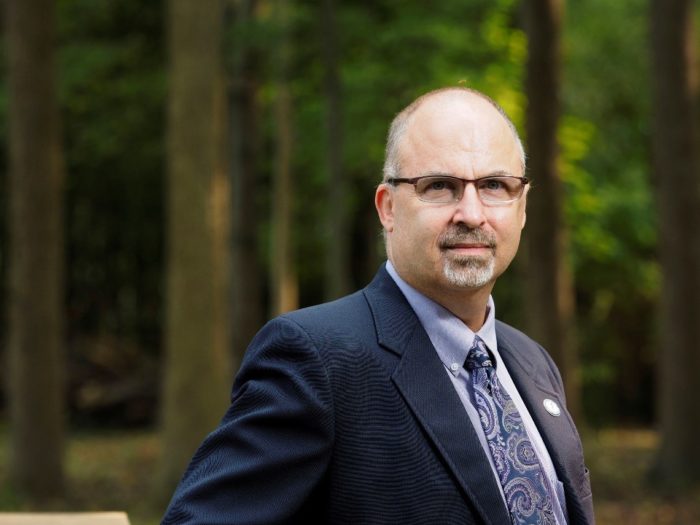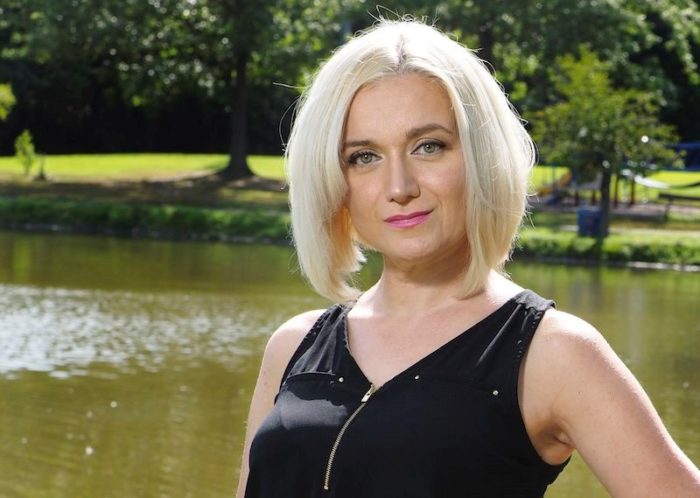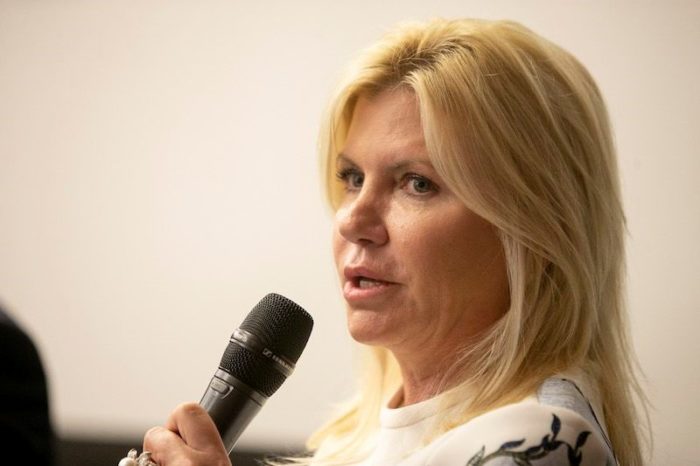New Jersey Supreme Court Holds Jake Honig Compassionate Use Medical Cannabis Act Is Not Preempted By The Federal Controlled Substances Act
On April 13 the Supreme Court of New Jersey affirmed the Appellate Division’s affirmation of the compensation court’s Order in the matter Vincent Hager v. M&K Construction. The Court decided that Mr. Hager was entitled to reimbursement through workers compensation for the ongoing costs of medical cannabis that he was recommended after sustaining a debilitating work-related injury in 2001. The Court reached this conclusion based on the explicit determination that subsequent Congressional action on medical cannabis preempted the Controlled Substances Act since 2015, and effectively legalized medical cannabis at the federal level for those operating in compliance with their own State’s medical cannabis laws. The Court directly challenged the Controlled Substances Act’s assertion that cannabis be listed as a Schedule One narcotic with “no currently accepted use for medical treatment” by identifying it as the clear option when faced with the choice between medical cannabis and highly addictive opioid painkillers due to medical cannabis’s ability to both provide pain relief and help in overcoming addiction to opioids. Hager v. M&K Constr., ___ N.J. ___, ___ (2021) (slip op. at 22).
The Court agreed that there was sufficient credible evidence that medical cannabis is “the clearly indicated option” when the two treatment options available are medical cannabis and opioids. They also agreed that “marijuana’s ability to relieve pain has been expressly recognized by the Legislature in the Compassionate Use Act.” Hager v. M&K Constr., ___ N.J. ___, ___ (2021) (slip op. at 22). In doing so, they also rejected competing expert testimony questioning medical marijuana’s efficacy and use. Thus, denying workers compensation coverage for medical cannabis was determined to be in direct conflict with the Legislature’s intent in passing the Compassionate Use Act.
In the most recent federal Appropriations Act, Congress again explicitly prohibited the Department of Justice from using allocated funds to prevent states from implementing their own medical cannabis laws. See Consolidated Appropriations Act, 2021, Pub. L. No. 116-260, § 531, 134 Stat. 1182, 1282-83 (2020). Congress included similar language every year going back to 2015, even listing the specific States and territories protected as their number continues to grow. “These continuing riders have ‘changed’ federal law by prohibiting the DOJ ‘from spending appropriated funds’… and ‘restrict[ing] the Federal Government from superseding State law when it comes to the use of medical marijuana.’” Hager v. M&K Constr., ___ N.J. ___, ___ (2021) (slip op. at 36) (quoting 163 Cong. Rec. H311 (daily ed. Jan. 11, 2017) (statement of Rep. Rohrabacher). The Court deemed “appropriations acts as the manifested intent of the Legislature to give no effect at all to the earlier statutes, stating that ‘[t]he earlier statutes [could not] coexist with the enacted appropriation and, consequently, must be deemed [to have been] suspended by adoption of the later appropriation acts.’” Hager v. M&K Constr., ___ N.J. ___, ___ (2021) (slip op. at 40) (quoting City of Camden v. Byrne, 82 N.J. 133, 154-55 (1980).
Likewise, the U.S. Supreme Court has long held that “‘[t]here can be no doubt that Congress could suspend or repeal [an] authorization… and it could accomplish its purpose by an amendment to an appropriation bill, or otherwise.” Hager v. M&K Constr., ___ N.J. ___, ___ (2021) (slip op. at 37) (quoting United States v. Dickerson, 310 U.S. 554, 555 (1940); accord United States v. Will, 449 U.S. 200, 222 (1980).
The Supreme Court of New Jersey joins that of New Hampshire and the U.S. Court of Appeals for the Ninth Circuit in concluding that the Controlled Substances Act’s applicability to those acting in compliance with their State’s medical cannabis laws are effectively suspended so long as Congress includes similar prohibitions in future funding legislation because there is currently no direct conflict between the Controlled Substances Act and States’ laws on medical cannabis. Appeal of Panaggio, ___ A.3d ___, ___ (N.H. 2021); United States v. McIntosh, 833 F.3d 1163 (9th Cir. 2016). This suspension of the Controlled Substances Act’s applicability to States’ medical cannabis programs is expected to last for at least the current fiscal year. However, if past behavior is any indication, there is little reason to believe that Congress will change course on States’ and territories’ rights to regulate medical cannabis as they see fit.





